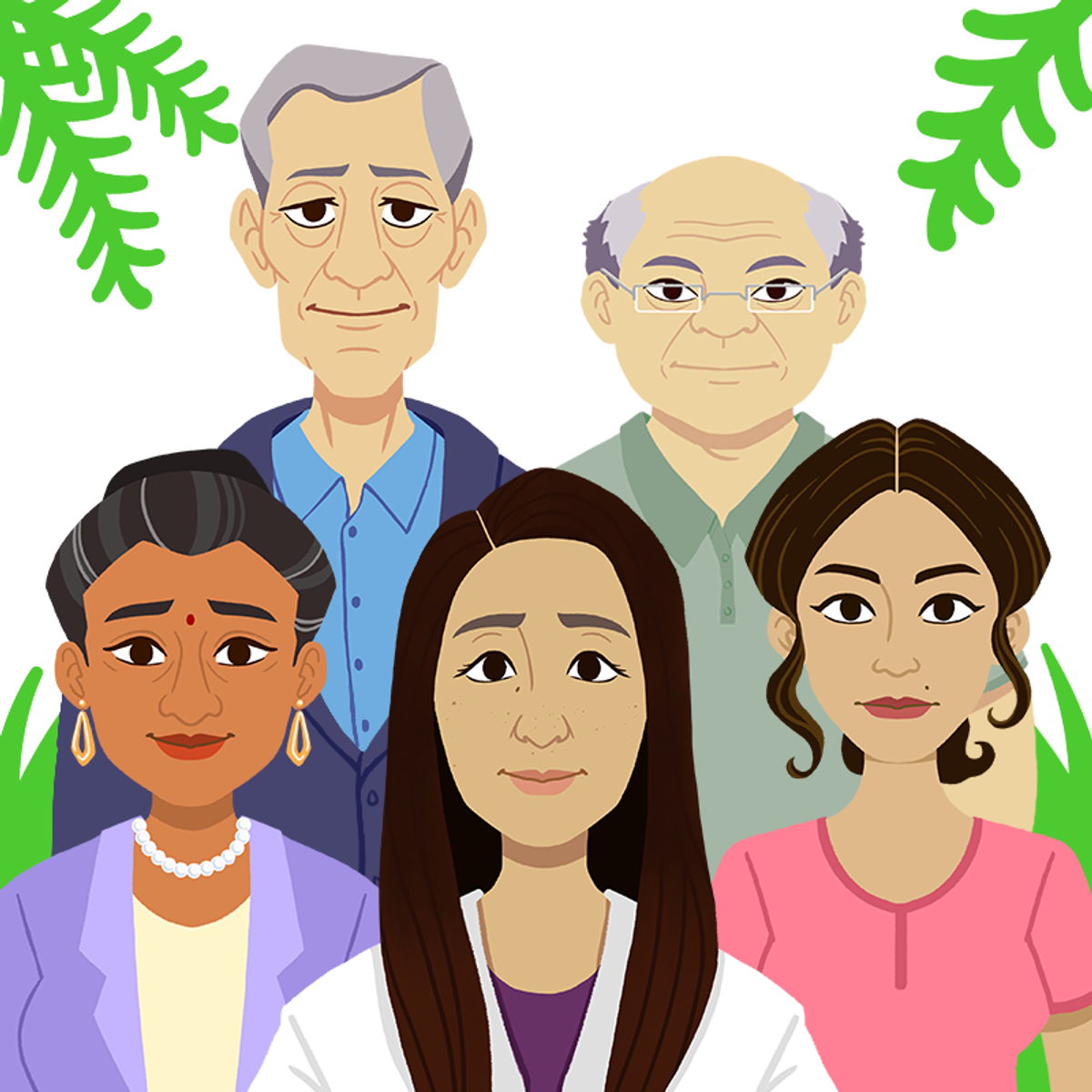
This course presents basic principles of cancer survivorship to primary-care physicians. Developed by a team of experts in caring for cancer survivors, and narrated by a primary-care physician, this course provides practical tips and tools that can be easily integrated into medical practice.
You will learn about the complex physical and psychosocial needs and concerns of the growing number of cancer survivors, along with the key role that primary care physicians have in guiding these patients back to health, after cancer.
Read more
This course presents basic principles of cancer survivorship to primary-care physicians. Developed by a team of experts in caring for cancer survivors, and narrated by a primary-care physician, this course provides practical tips and tools that can be easily integrated into medical practice.
You will learn about the complex physical and psychosocial needs and concerns of the growing number of cancer survivors, along with the key role that primary care physicians have in guiding these patients back to health, after cancer.
This course presents basic principles of cancer survivorship to primary-care physicians. Developed by a team of experts in caring for cancer survivors, and narrated by a primary-care physician, this course provides practical tips and tools that can be easily integrated into medical practice.
You will learn about the complex physical and psychosocial needs and concerns of the growing number of cancer survivors, along with the key role that primary care physicians have in guiding these patients back to health, after cancer.
Materials include story-based videos where you will meet four patients with diverse needs in their care after recovery for cancer; printable reference guides for clinical care, communication, and resources; as well as additional optional cases for extended learning.
This self-paced course takes approximately 90 minutes to complete. If you are interested in taking this course for CME credit, please visit the course site at Stanford Center for Continuing Medical Education located here:
https://stanford.cloud-cme.com/course/courseoverview?P=0&EID=35509
What's inside
Syllabus
Good to know
Save this course
Activities
Review communication and counseling techniques
Show steps
Enhance your ability to effectively communicate with and support cancer survivors by refreshing your communication and counseling techniques.
Browse courses on
Patient Communication
Show steps
-
Review books or articles on communication and counseling techniques.
-
Attend workshops or online courses on patient communication.
-
Practice active listening, empathy, and clear communication in your interactions.
Review notes from your last relevant course
Show steps
Refresh your understanding of fundamental cancer biology and treatment principles covered in your past courses to prepare for this course.
Browse courses on
Cancer Biology
Show steps
-
Gather your notes, textbooks, and other resources from your previous cancer-related courses.
-
Review key concepts such as cancer cell biology, treatment modalities, and long-term effects of cancer.
-
Make notes and highlight important information for future reference.
Show all two activities
Review communication and counseling techniques
Show steps
Enhance your ability to effectively communicate with and support cancer survivors by refreshing your communication and counseling techniques.
Browse courses on
Patient Communication
Show steps
- Review books or articles on communication and counseling techniques.
- Attend workshops or online courses on patient communication.
- Practice active listening, empathy, and clear communication in your interactions.
Review notes from your last relevant course
Show steps
Refresh your understanding of fundamental cancer biology and treatment principles covered in your past courses to prepare for this course.
Browse courses on
Cancer Biology
Show steps
- Gather your notes, textbooks, and other resources from your previous cancer-related courses.
- Review key concepts such as cancer cell biology, treatment modalities, and long-term effects of cancer.
- Make notes and highlight important information for future reference.
Career center
Primary Care Physician
Medical Oncologist
Radiation Oncologist
Social Worker
Cancer Registrar
Health Educator
Psychologist
Nurse Practitioner
Pharmacist
Case Manager
Dietitian
Occupational Therapist
Speech-Language Pathologist
Physical Therapist
Clinical Research Coordinator
Reading list
Share
Similar courses
OpenCourser helps millions of learners each year. People visit us to learn workspace skills, ace their exams, and nurture their curiosity.
Our extensive catalog contains over 50,000 courses and twice as many books. Browse by search, by topic, or even by career interests. We'll match you to the right resources quickly.
Find this site helpful? Tell a friend about us.
We're supported by our community of learners. When you purchase or subscribe to courses and programs or purchase books, we may earn a commission from our partners.
Your purchases help us maintain our catalog and keep our servers humming without ads.
Thank you for supporting OpenCourser.



